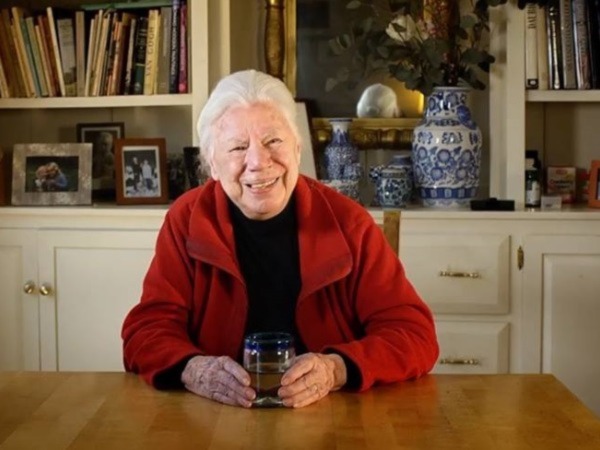
By the rude bridge that arched the flood,
Their flag to April’s breeze unfurled,
Here once the embattled farmers stood,
And fired the shot heard ’round the world.
~ From “Concord Hymn” by Ralph Waldo Emerson
Penned six decades after the battles of Lexington and Concord, these familiar words conjure mental images of ragtag colonists standing up to the superior power of Great Britain. Those battles, on April 19, 1775, represented the beginning of an armed conflict that resulted in the formation of the United States of America. In the same Massachusetts town where that familiar struggle started, a modern-day drama took place. This battle also involved a small, poorly funded group standing up to a well-organized, deep-pocketed, more powerful foe.
Thanks to steadfast volunteer efforts, it is illegal to sell bottled water in Concord, MA. Concord was the first municipality to pass such a law. Specifically, Section 1 of the relevant bylaw states: “It shall be unlawful to sell non-sparkling, unflavored drinking water in single-serving polyethylene terephthalate (PET) bottles of 1 liter (34 ounces) or less in the Town of Concord on or after January 1, 2013.” This bylaw was passed at the town’s annual meeting in April 2012 and approved by the Massachusetts Attorney General in September of that year.
But passage of the law did not transpire without controversy and struggle. It all began in 2009 when a local resident’s grandson told her about plastic pollution in the ocean. Specifically, Jean Hill’s grandson told her about the North Pacific Garbage Patch, a patch of floating plastic debris larger than Texas accumulated and trapped by a “gyre,” or vortex, in the ocean’s currents.
How the war was won
Concern over the effects of plastic pollution inspired Hill to propose a town ban on the sale of single-use water bottles in 2010. While the motion passed in that year’s annual meeting, it was rejected by the state attorney general. Hill then found allies who helped her draft a bill that, if passed, would meet with approval from the attorney general. However, the revised bill failed to pass at the 2011 town meeting by a narrow margin. This set the stage for a struggle leading up to the 2012 meeting which is the subject of an award-winning documentary, Divide in Concord, released in 2015.
Jean Hill was a determined woman who passed away in 2017 at the age of 90. She was given to bold statements and fiery pronouncements. In the film’s trailer, speaking before the vote that finally passed the law, she stated: “I consider myself a warrior, and warriors have to be prepared for any enemy. In this case, my enemy is the bottlers.” The International Bottled Water Association was among those fighting the ban with telephone and mail campaigns. Her opponents also included some local merchants concerned about tourism and other citizens who viewed the ban as an attack on their personal freedoms.
Hill was far from alone on her side of the issue. Her primary collaborator in leading the struggle to pass the ban was Jill Appel. Hill and Appel were recognized for their efforts with a 2015 Environmental Merit Award by the U.S. Environmental Protection Agency at a ceremony on April 22, 2015.
